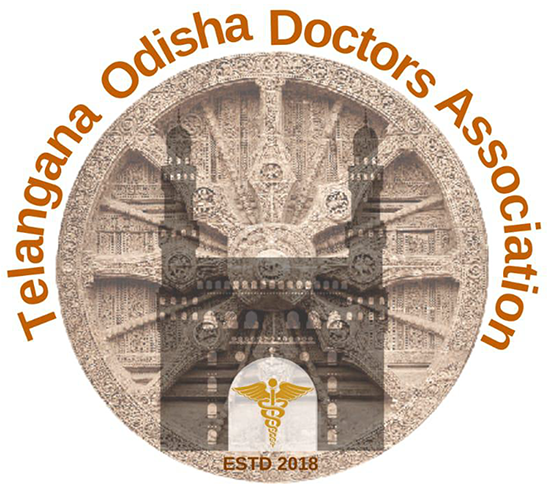Introduction
When it comes to women’s healthcare, the conversation often revolves around pregnancy and maternity. While maternal health is undeniably important, it represents only a part of a woman’s lifelong health journey. Many hidden challenges affecting women’s well-being—ranging from hormonal disorders to mental health—remain under-discussed and underdiagnosed. Addressing these issues requires awareness, sensitivity, and a comprehensive healthcare approach.
Shifting the Focus Beyond Maternity
For decades, women’s health services have been closely tied to reproduction. However, women face a variety of health concerns unrelated to childbirth. These conditions often impact quality of life, productivity, and long-term well-being but are overlooked due to stigma, lack of awareness, or insufficient medical attention.
Key Hidden Challenges in Women’s Health
-
Hormonal Disorders
-
Conditions like Polycystic Ovary Syndrome (PCOS) and endometriosis affect millions of women worldwide.
-
Beyond fertility, they lead to metabolic complications, chronic pain, and psychological stress.
-
-
Cardiovascular Health
-
Heart disease is a leading cause of death in women, yet symptoms are often atypical compared to men, leading to misdiagnosis or delayed treatment.
-
Risk factors like diabetes and hypertension often carry greater complications in women.
-
-
Bone Health
-
Osteoporosis disproportionately affects women, especially post-menopause.
-
Lack of early screening means many cases are discovered only after fractures occur.
-
-
Mental Health
-
Women are at higher risk of depression and anxiety due to hormonal shifts, social pressures, and caregiving burdens.
-
Mental health stigma continues to prevent many from seeking timely support.
-
-
Cancer Awareness
-
Breast and cervical cancers are widely known, but awareness about ovarian cancer and its vague early symptoms remains low.
-
Regular screenings and patient education are vital for early detection.
-
The Role of Healthcare Practitioners
Healthcare providers can play a pivotal role by:
-
Promoting preventive screenings for heart, bone, and reproductive health.
-
Offering holistic consultations that address physical, emotional, and social well-being.
-
Advocating for awareness campaigns that destigmatize women’s health issues.
-
Encouraging patients to maintain open communication about symptoms beyond maternity concerns.
Building a Culture of Awareness
Community-level initiatives, health education workshops, and digital platforms can spread awareness about women’s health issues. Employers, schools, and community organizations must also contribute to creating supportive environments where women feel empowered to prioritize their well-being.
Conclusion
Women’s health extends far beyond pregnancy and childbirth. By addressing hidden challenges such as hormonal disorders, cardiovascular risks, bone fragility, and mental health, we can ensure comprehensive care that supports women throughout their lives. It is time to expand the conversation, break stigmas, and make women’s holistic health a priority.



